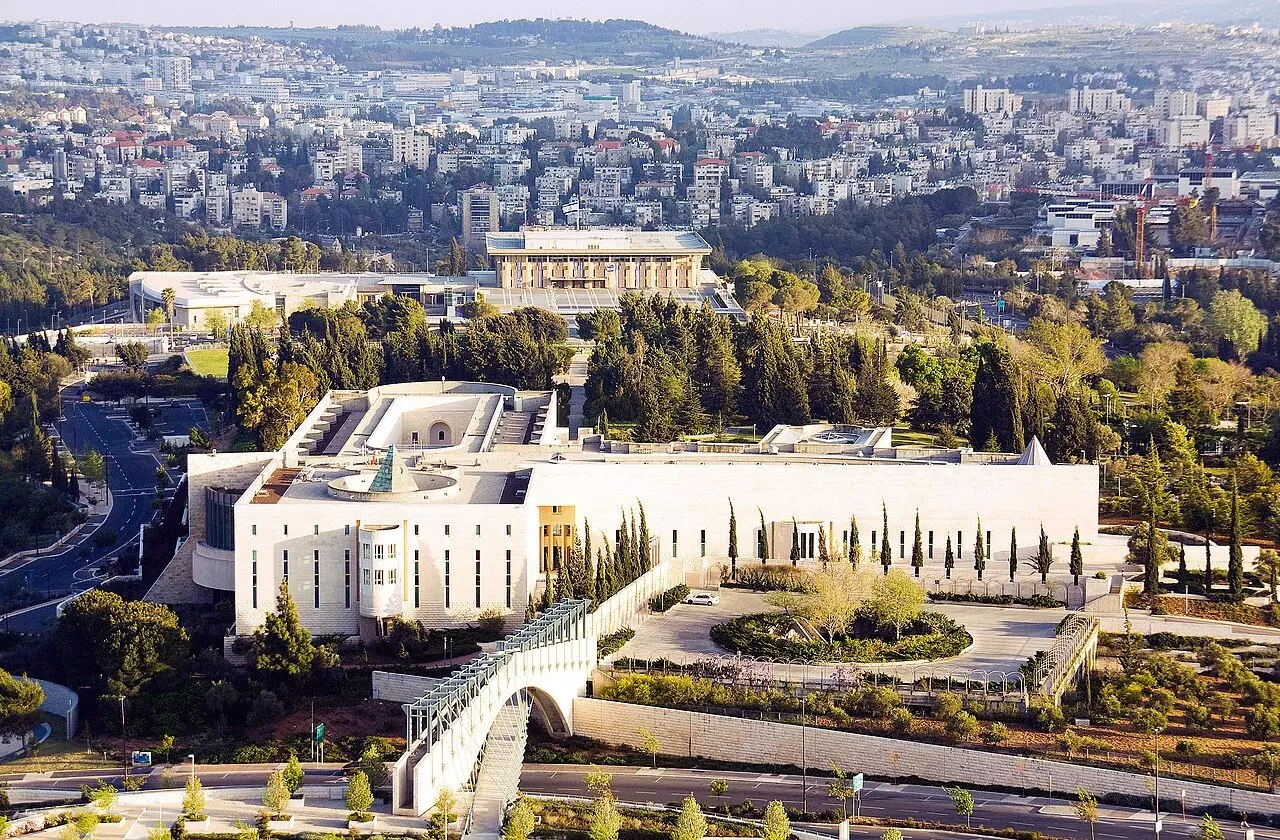Relapsing into anarchy?
Israeli government’s proposed plan to overhaul the country’s judiciary could curtail the institution’s independence and create a wedge in society

Israel’s right-wing government’s plan to carry out a far-reaching overhaul of the judicial system has set off mass protests in the country, widening already deep political divisions in Israeli society.
Members of the ultra-orthodox community, army veterans and hi-tech executives are among those who have taken to the streets over the fears that the measures will set Israel on a path of democratic backsliding.
Tens of thousands of people descended on the streets of Jerusalem last Monday for a rally outside the Knesset when Parliament’s constitution, law and justice committee was deliberating the reforms. Several opposition politicians were forcibly removed from the meeting.
Now in his sixth term, Prime Minister Benjamin Netanyahu, who is facing corruption charges, wants to put control on the Supreme Court, which members of his religious-nationalist coalition accuse of overreach and elitism.
The government and its supporters say the plan is a much-needed reform to curb the influence of an overreaching judiciary and would shift the power away from an unelected bureaucratic elite i.e., judiciary, in favour of elected representatives and officials, reflecting the aspirations of the people.
Its critics, however, are of the view that it will undermine the country’s democratic institutions, politicise the judiciary and compromise its independence, foster corruption, and remove protections given to individuals and minorities.
They fear that Netanyahu, who is on trial on corruption charges, could use the changes to absolve himself from the legal tangle.
As per the plan to overhaul the legal system, unveiled by Justice minister Yariv Levin in early January, the government wants to curb what it calls the Supreme Court’s overreach by drastically restricting its ability to strike down laws passed by the Parliament that it deems unconstitutional.
One of the main proposals of the judicial reforms is to change the makeup of a nine-member panel that selects judges.
Under the current law, the committee includes three Supreme Court judges, two representatives of the Bar Association, two government ministers and two members of the Knesset, one of whom is often from the opposition.
To select Supreme Court judges with the required majority of seven, consensus must generally be arrived at among the five legal professionals and four politicians.
The proposal would give representatives and appointees of the government an automatic majority on the committee, effectively allowing the government to choose judges.
The proposed law would also enable the 120-member Parliament or Knesset to override any Supreme Court judgment by a simple majority of 61 votes.
It seeks to scrap the Supreme Court’s use of the ground of “reasonability”—a term the court uses to base decisions on vaguely defined ethical standards—to disqualify government decisions or appointments.
Another proposal aims at weakening the authority of the attorney general, who is independent of the government and gives ministers authority over the appointment and oversight of legal advisers within their ministries. Those advisors are currently under the authority of the attorney general.
The government also wants to override the apex court’s judgments outlawing Israeli outposts on private Palestinian land and curtail social reforms such as those helping the LGBTQ community.
Right-wing Israelis have long criticised the limits placed by the Supreme Court on some settlement activities on the occupied West Bank.
Netanyahu has promised a “delving discussion” in a parliamentary committee where the opposition has representation. “We will complete the reform legislation that will fix what needs fixing, will fully protect individual rights and will restore the public trust in the Supreme Court,” he said.
As Israel appears divided on the reform proposals, President Isaac Herzog made a rare intervention in a televised address in which he floated a compromise plan to spare the country what he described as a “constitutional collapse” and possible violence.
The US, which generally refrains from commenting on Israel’s internal affairs, offered a veiled rebuke. “The genius of American democracy and Israeli democracy is that they are both built on strong institutions, on checks and balances, on an independent judiciary,” President Joe Biden said in a statement quoted by New York Times.
A survey published by the Israel Democracy Institute last month noted a decline in public trust in the Supreme Court. It revealed that 80 per cent of left-wing Israelis, 62 per cent of centrists and only 29 per cent of right-wingers trust the court.
It found that most Israelis (55.6 per cent) support the court in having the ability to strike down laws passed by Parliament if they contradict the principles of democracy.
Over the last 30 years, about 20 laws, wholly or partially, have been declared unconstitutional by the Supreme Court.
Under the most extreme current proposals, if the court declared void a law that infringes human rights in a way that is extreme or disproportionate, the Knesset, by a majority of 61, will be able to enact it again, because this is the will of the majority.
It may sound democratic to some people, but democracy is not only the rule of the majority. Democracy is also effective protection of human rights, especially the rights of minorities. The overriding rule is intended to allow the Knesset to overcome this.
This is problematic in the sense that in the case in which the court exercises its power to judicial review, if this override clause is passed, then the Knesset with a normal majority of 61 can re-enact the law and it will remain in effect.
Proposed changes appear to be a real threat to the independence of the judiciary. It seems to be part of the plan of religious Zionism, which actually means they want to erase everything that is independent and professional and objective in the public system.
The writer is a former Editor of PTI and served as the West Asia correspondent. Views expressed are personal



